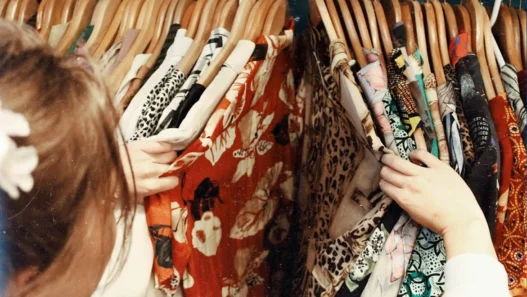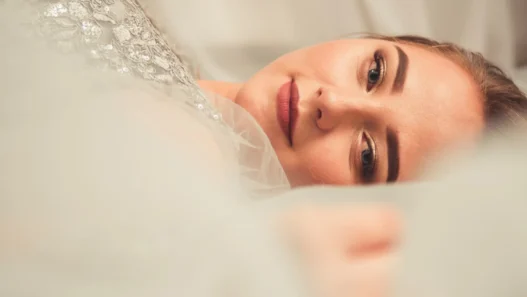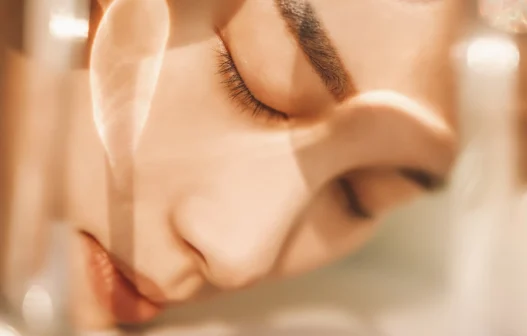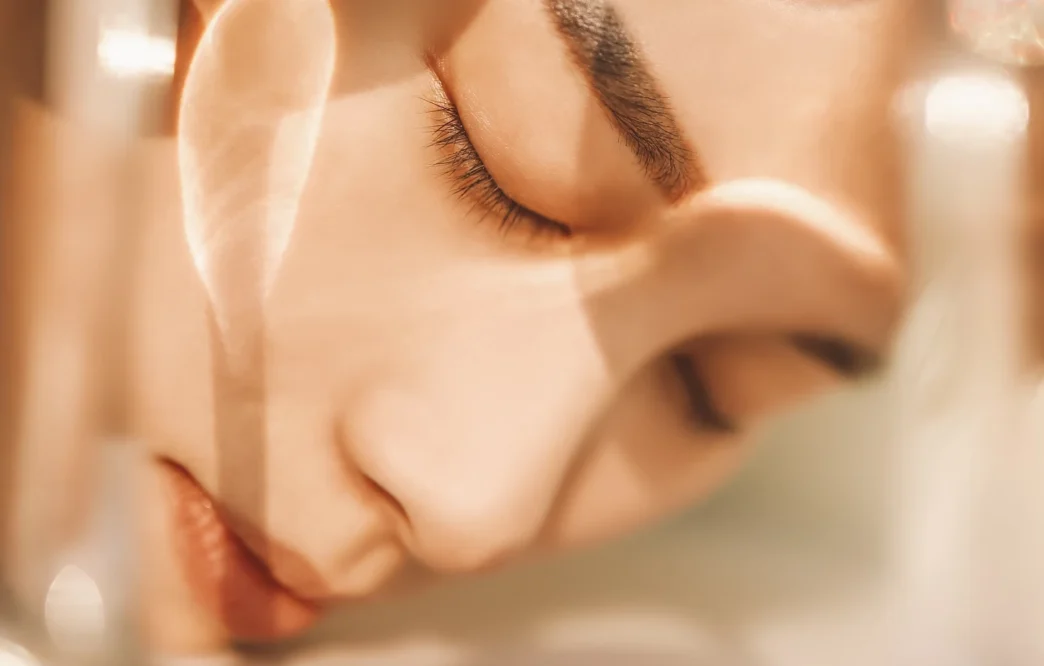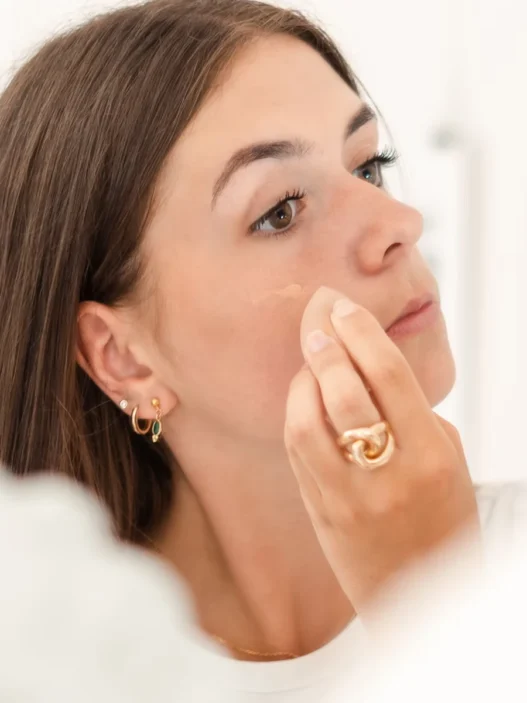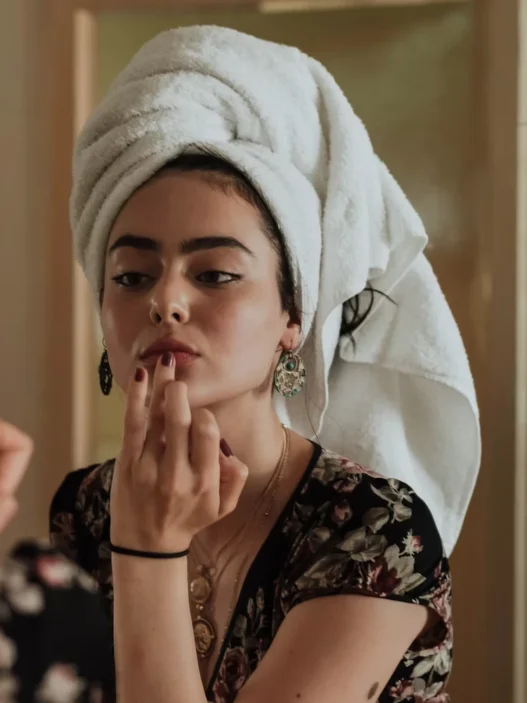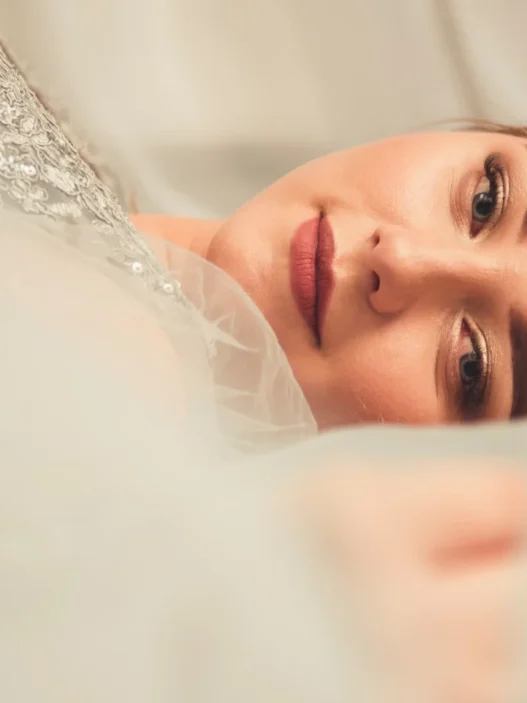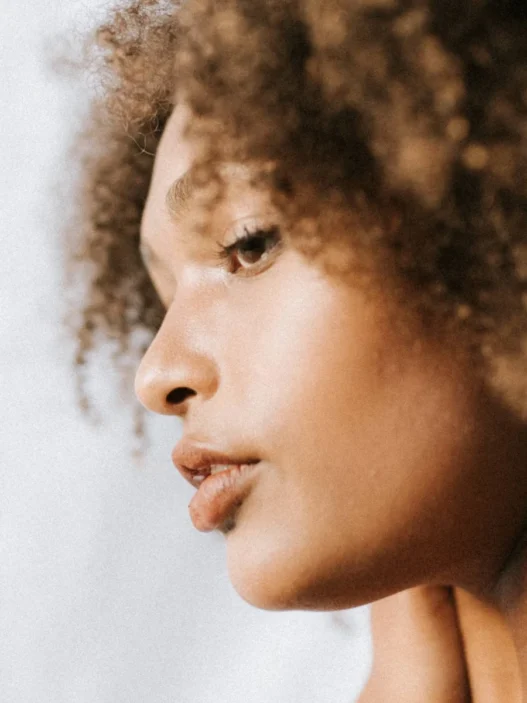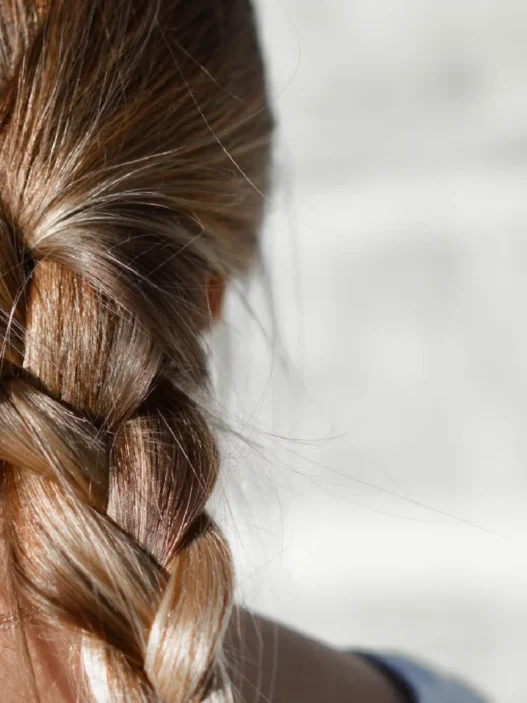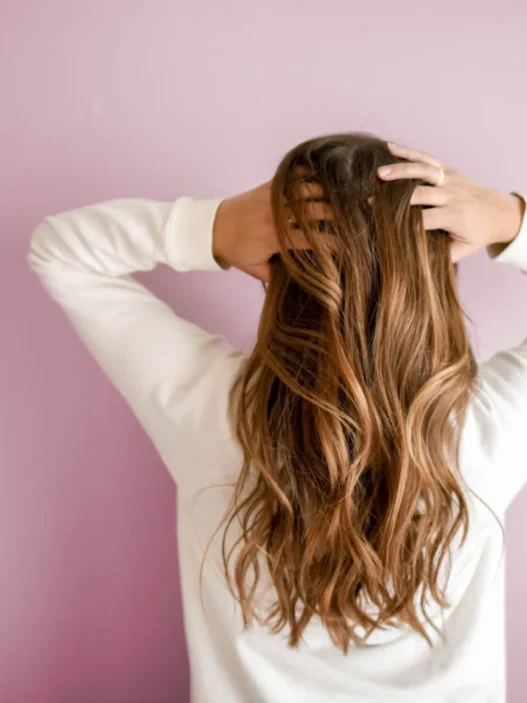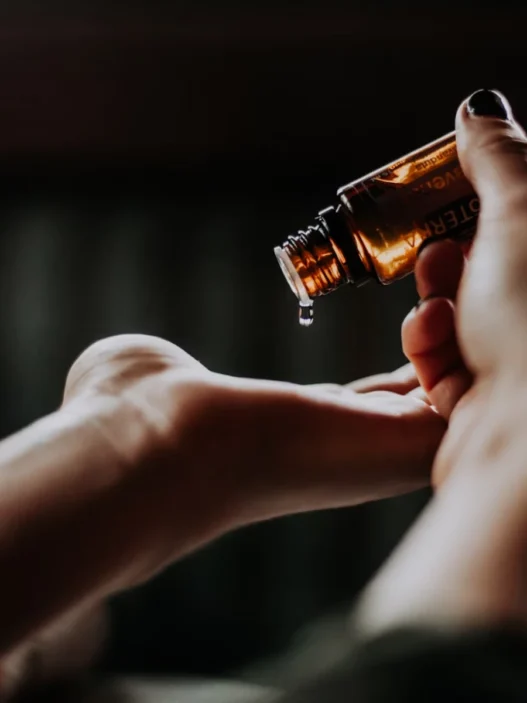The skincare industry in the Middle East has witnessed a transformative shift in recent years, with halal-certified skincare emerging as a dominant and rapidly expanding segment.
Today, this niche market is valued at an impressive $2.6 billion, signaling a powerful intersection of faith, beauty, and conscious consumerism. From cities like Dubai to Riyadh, consumers are increasingly prioritizing not only what their skincare products do—but what they stand for.
Looking for halal skincare that fits your lifestyle? Keep reading to discover what makes these products unique—and why they’re shaping the next wave of global beauty.
What is halal skincare?
At its core, halal skincare refers to beauty products that comply with Islamic law (Shariah). This includes the exclusion of alcohol, animal-derived ingredients from non-halal sources, and any materials that are considered impure. Additionally, the production process must align with ethical and hygienic practices, ensuring cleanliness and integrity throughout the supply chain.
Unlike general “clean” or “natural” beauty products, halal skincare adheres to strict religious guidelines and transparency standards. While clean beauty may focus on removing harmful chemicals or promoting sustainability, halal beauty is both faith-driven and ethically rooted, often overlapping with cruelty-free and vegan values—but not always identical.
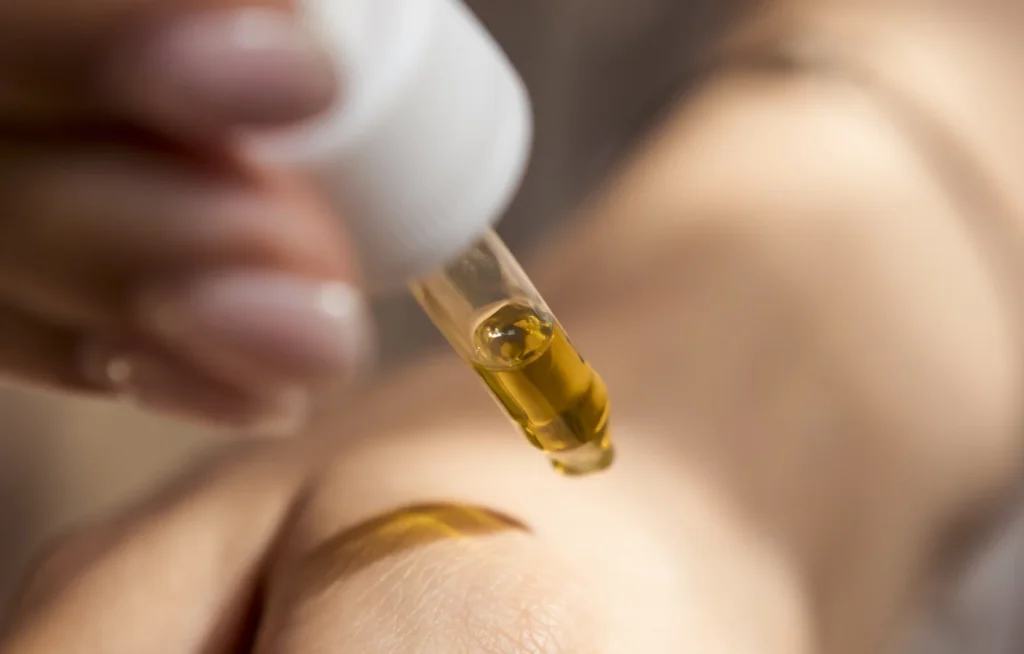
Is vegan skincare halal?
To understand why halal skincare is booming, it’s essential to define what makes a product “halal” in the context of beauty and personal care.
In Islamic law, the word halal means “permissible.” When applied to skincare and cosmetics, halal certification ensures that a product does not contain any prohibited (haram) ingredients and is manufactured according to compliant standards.
Here’s what that typically involves:
- Free from Alcohol: Halal skincare avoids alcohols like ethanol or denatured alcohol that are considered impure.
- No Animal-Derived Ingredients from Haram Sources: Collagen, gelatin, or placenta extracts derived from pigs or improperly slaughtered animals are strictly prohibited.
- Cruelty-Free Manufacturing: While not a requirement under Islamic law, many halal brands avoid animal testing, aligning with broader ethical beauty values.
- Ethical, Hygienic Production: Products must be manufactured in clean facilities with equipment that is not cross-contaminated with non-halal substances.
This sets halal skincare apart from vegan, organic, or cruelty-free beauty in distinct ways.
For example:
- Vegan skincare excludes all animal-derived ingredients, but may still contain alcohol or synthetic chemicals that are not halal.
- Organic products focus on natural ingredients and eco-certification but may not consider Islamic guidelines or sourcing practices.
- Cruelty-free brands avoid animal testing but may still use haram ingredients.
Halal skincare fills a unique space in the global beauty market—offering both religious compliance and ethical peace of mind. For Muslim consumers in the GCC and beyond, it’s not just about what’s in the product, but also about how it reflects their personal values.
Want to shop halal beauty with confidence? Look for certified logos from recognized bodies like JAKIM (Malaysia), the Gulf Accreditation Center (GAC), or IFANCA.
Cultural and Religious Drivers
In the Middle East, religion plays a central role in daily life — and that influence extends into consumer behaviour, especially within the beauty and skincare sector. Halal skincare products, which are formulated without prohibited (haram) ingredients such as alcohol or pork derivatives, are gaining traction as more consumers seek to ensure their personal care routines comply with Islamic principles.
For observant Muslims, skincare is no longer just about efficacy or luxury — it’s also about spiritual alignment. The concept of “halal” encourages individuals to choose products that are both ethically produced and religiously permissible. This alignment has pushed both local and global beauty brands to rethink their product development, labeling, and certification strategies to better cater to the region’s unique values.
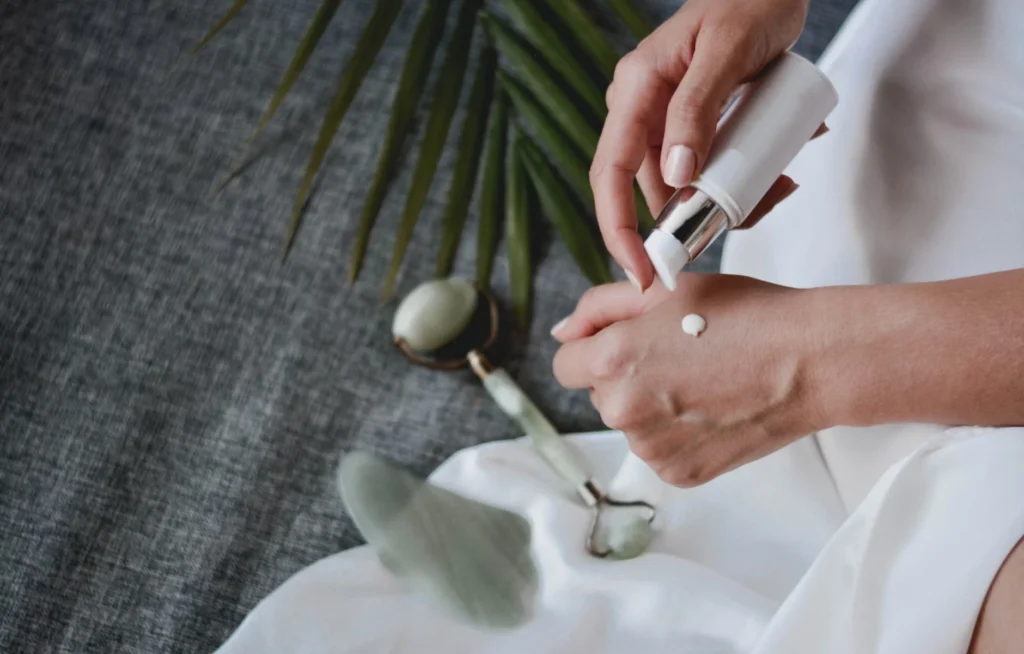
Aligning Skincare with Personal Values
In recent years, there has been a noticeable shift among Muslim consumers toward conscious consumption. Skincare is being viewed not only through the lens of aesthetics but also of accountability — what goes on the skin should be as pure and permissible as what goes into the body. This demand has led to a surge in halal-certified skincare brands offering alternatives that align with Shariah guidelines while delivering results on par with conventional products.
As a result, companies operating in the GCC are increasingly investing in halal verification, local partnerships, and compliant manufacturing processes. According to Salaam Gateway, the global halal cosmetics market is expected to surpass $104 billion by 2030, with the GCC playing a critical role in that growth.
Looking to make the switch to halal skincare? Explore certified clean beauty brands that respect your faith and your skin.
Halal as a Symbol of Transparency and Ethics
Beyond religious compliance, halal skincare is increasingly being recognized as a marker of safety, ethical sourcing, and transparency.
Many consumers associate halal certification with:
- Stringent quality control
- No animal testing
- Sustainable and traceable ingredients
- Fair labour practices
This broader definition of “halal” is helping bridge the gap between faith-driven choices and the global clean beauty movement. In the GCC, halal skincare is no longer a niche — it’s a mainstream expectation that reflects deeper cultural values around health, hygiene, and honesty.
Rise of the Ingredient-Conscious Generation
Young consumers in the Gulf region — particularly Millennials and Gen Z — are leading the charge when it comes to questioning what’s inside their skincare bottles. With growing awareness around ingredients, origin, and potential side effects, these consumers are actively seeking transparency, clean formulations, and halal compliance in their beauty routines.
Many are turning away from conventional products that contain parabens, sulphates, or alcohol, in favor of skincare that offers a more transparent, purpose-driven experience. Brands that offer clear ingredient lists, clinical testing, and ethical credentials are finding enthusiastic support among this younger demographic.
Want to build a skincare routine that’s both clean and conscious? Look for halal-certified labels and transparent ingredient breakdowns.
Shifting Expectations Around Clean Beauty
Social media has transformed the way consumers in the GCC interact with beauty brands. From TikTok tutorials to Instagram reviews, influencers and skincare educators are demystifying complex ingredient labels and exposing harmful trends. This rapid flow of information has contributed to a massive rise in ingredient literacy and an empowered consumer base.
Halal skincare influencers like Dina Tokio and Huda Kattan, along with a growing number of local content creators, are educating followers about how to choose skincare that’s both effective and ethically sound. Platforms like YouTube and Instagram Reels are filled with #HalalBeauty and #CleanSkincare content, further amplifying this movement.
Sustainability, Animal Welfare, and Chemical-Free Products
Today’s Gulf-based consumers aren’t just asking “Is it halal?” — they’re also asking:
- Is it cruelty-free?
- Is it sustainably sourced?
- Is it free from unnecessary chemicals or harsh preservatives?
This growing demand for holistic ethical beauty is pushing brands to obtain multiple certifications — such as halal, cruelty-free, vegan, and organic — to stay competitive in the GCC’s evolving skincare market. Local and global brands alike are seeing success when they commit to transparency, sustainability, and compliance.
Ready to shop guilt-free? Choose skincare brands that are halal-certified, ethically made, and eco-conscious — because your values should shine through your skincare.
The $2.6B Market: Who’s Leading the Charge
According to recent industry reports, the halal skincare market in the GCC is now worth approximately $2.6 billion, with projections indicating sustained double-digit growth over the next five years. The global halal cosmetics market is expected to surpass $79 billion by 2028, and the Middle East—particularly the GCC—is a major contributor to this expansion. This growth is driven by the region’s youthful population, high disposable incomes, increased demand for clean-label beauty, and heightened awareness of halal certifications.
The Gulf region has emerged as one of the fastest-growing markets for halal-certified skincare, with the UAE, Saudi Arabia, and Kuwait leading the charge. These nations are home to a highly aware, affluent, and image-conscious consumer base that prioritises both religious compliance and premium skincare performance.
In particular, the UAE and Saudi Arabia have shown a growing interest in ethical and ingredient-transparent beauty, making them ideal hubs for halal skincare innovation and distribution. As e-commerce platforms and high-end retail outlets continue to expand in the region, halal beauty products are becoming increasingly accessible to consumers seeking both spiritual alignment and skincare efficacy.
Brands that blend values with efficacy
Several brands are at the forefront of the halal skincare boom. Wardah, a pioneer from Indonesia, has gained a loyal GCC customer base by offering halal-certified skincare that balances affordability with quality.
PHB Ethical Beauty, based in the UK, is known for its vegan, cruelty-free, and halal skincare lines that appeal to ethically driven consumers. Iba Halal Care is an Indian brand that’s rapidly expanding its footprint in the Middle East, offering a wide range of halal-certified skincare and cosmetics.
The UAE-based Sisters Beauty Lounge has incorporated halal-compliant treatments into its service offerings, aligning beauty services with consumer beliefs. INIKA Organic, an Australian brand, offers selected halal-certified SKUs, positioning itself as a clean beauty brand with global appeal.
Ready to make the switch? Explore halal-certified skincare lines that combine trust, performance, and purpose—because your skincare should care about more than just your skin.





